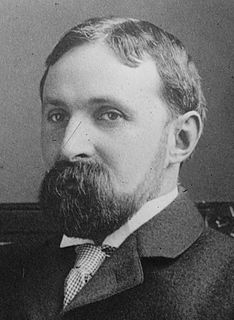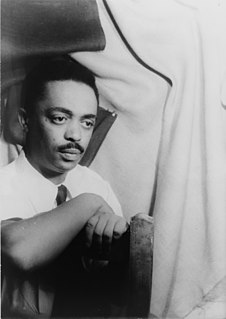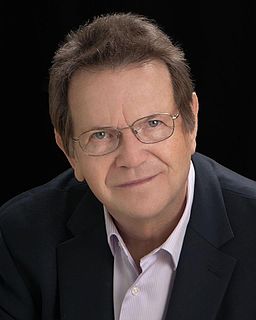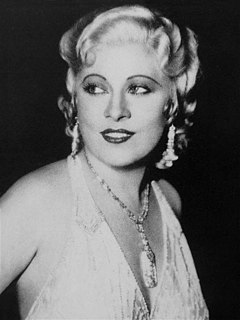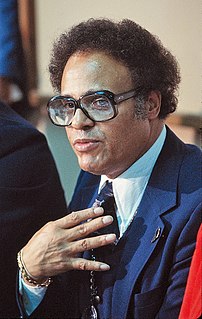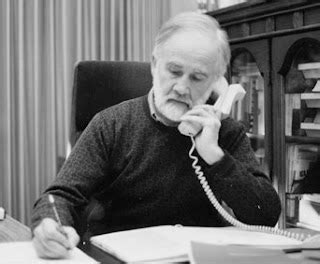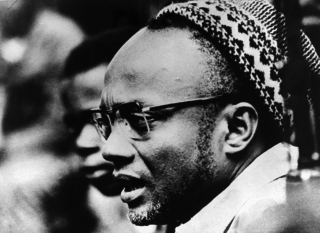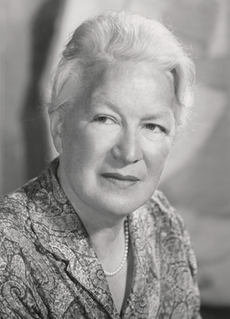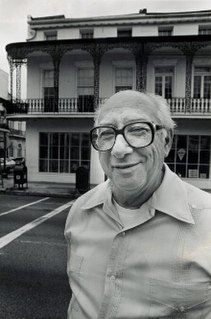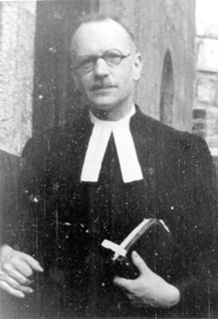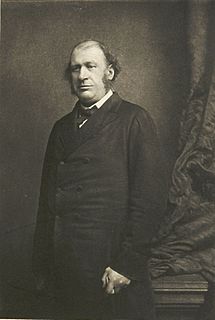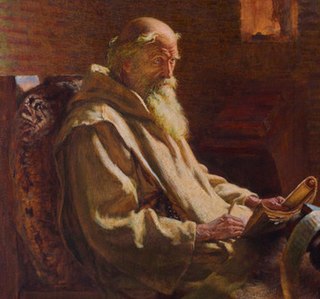Top 1200 Good History Quotes & Sayings
Explore popular Good History quotes.
Last updated on November 13, 2024.
With all the movies I've made about history, it's not really fun because you're trying to get it right. You've got history telling how it was, and then my imagination is telling me how I wish it had been, but I can't go there, so I have to censor myself. I'm very good about stopping myself from creating history that never occurred, but it's frustrating.
History is a living horse laughing at a wooden horse. History is a wind blowing where it listeth. History is no sure thing to bet on. History is a box of tricks with a lost key. History is a labyrinth of doors with sliding panels, a book of ciphers with the code in a cave of the Saragossa sea. History says, if it pleases, Excuse me, I beg your pardon, it will never happen again if I can help it.
I don’t know much about history, and I wouldn’t give a nickel for all the history in the world. It means nothing to me. History is more or less bunk. It's tradition. We don't want tradition. We want to live in the present and the only history that is worth a tinker's damn is the history we make today.
You are doing something over here and over there someone is telling you a joke, or giving you an important piece of information about sanitation, and no matter how weird the other subject is, there is a connection, or you can make a connection. I’ve always loved history and history is collage, it is a juxtaposition of the good and the bad and the strange, and how you place those sentences together changes the whole mood of a history.
I have a new theory of history, which is certain things happen because they seem like a good idea at the time. And suburbia seemed like a good idea at the time, but it was a special time and place in history, with special dynamics. And now, we're going to have to live with the consequences of that. And the consequences will be tragic.
When I went to high school - that's about as far as I got - reading my U.S. history textbook, well, I got the history of the ruling class. I got the history of the generals and the industrialists and the presidents that didn't get caught. How 'bout you? I got all of the history of the people who owned the wealth of the country, but none of the history of the people that created it.
There's a lot we should be able to learn from history. And yet history proves that we never do. In fact, the main lesson of history is that we never learn the lessons of history. This makes us look so stupid that few people care to read it. They'd rather not be reminded. Any good history book is mainly just a long list of mistakes, complete with names and dates. It's very embarrassing.
Music expresses feeling, that is to say, gives shape and habitation to feeling, not in space but in time. To the extent that music has a history that is more than a history of its formal evolution, our feelings must have a history too. Perhaps certain qualities of feeling that found expression in music can be recorded by being notated on paper, have become so remote that we can no longer inhabit them as feelings, can get a grasp of them only after long training in the history and philosophy of music, the philosophical history of music, the history of music as a history of the feeling soul.
I am opposing it with an idea of the history of philosophy as a history of philosophers, that is, a history of mortal, fragile and limited creatures like you and I. I am against the idea of clean, clearly distinct epochs in the history of philosophy or indeed in anything else. I think that history is always messy, contingent, plural and material. I am against the constant revenge of idealism in how we think about history.
The state can be a force for good. The Rule of law is absolutely essential to a good life. God has instituted government and leaders throughout history and throughout the Biblical narrative. However, the state is growing precisely as the church is fading as a force for good, and this does not seem to be a good trend.
If, in schools, we keep teaching that history is divided into American history and Chinese history and Russian history and Australian history, we're teaching kids that they are divided into tribes. And we're failing to teach them that we also, as human beings, share problems that we need to work together with.
We know only a single science, the science of history. History can be contemplated from two sides, it can be divided into the history of nature and the history of mankind. However, the two sides are not to be divided off; as long as men exist the history of nature and the history of men are mutually conditioned.
To me this question whether liberty is a good or a bad thing appears as irrational as the question whether fire is a good or a bad thing. It is both good and bad according to time, place, and circumstance, and a complete answer to the question, In what cases is liberty good and in what cases is it bad? would involve not merely a universal history of mankind, but a complete solution of the problems which such a history would offer.




